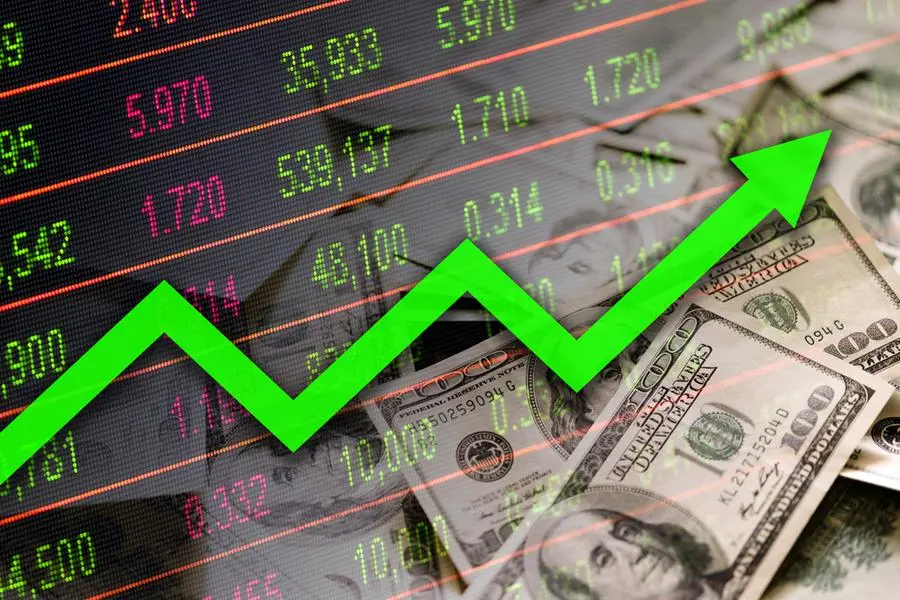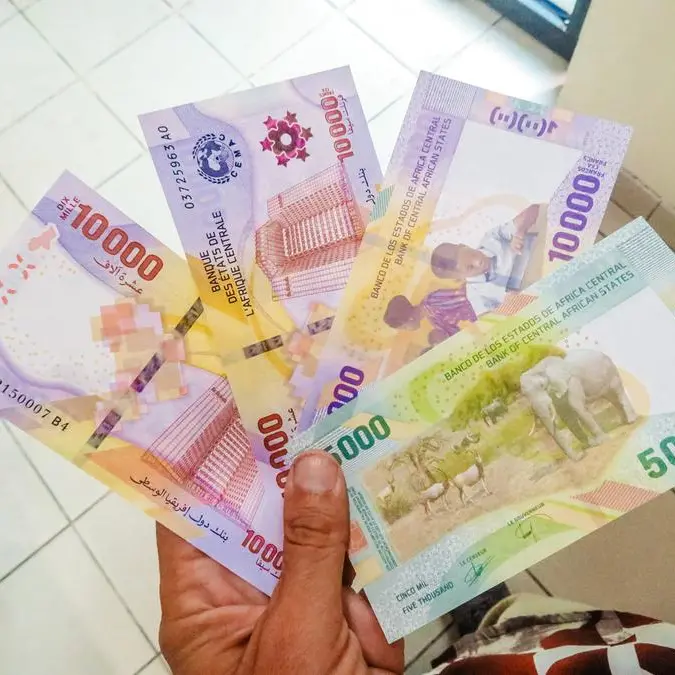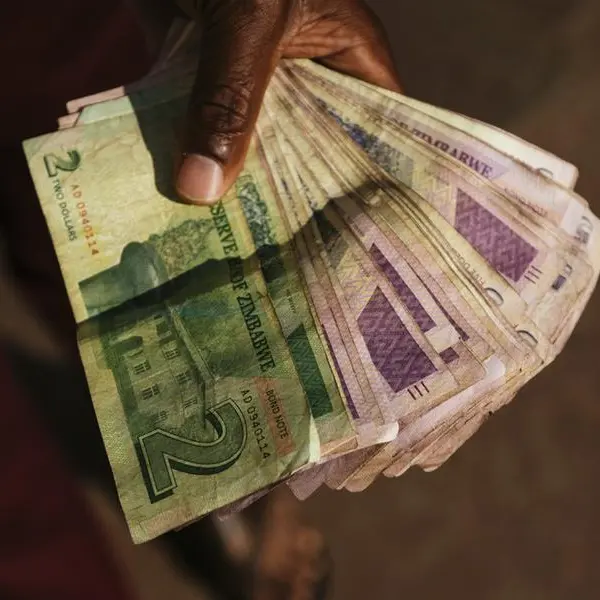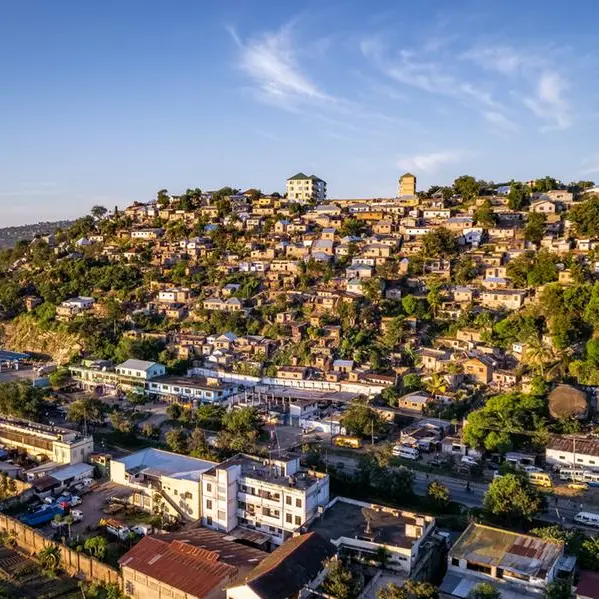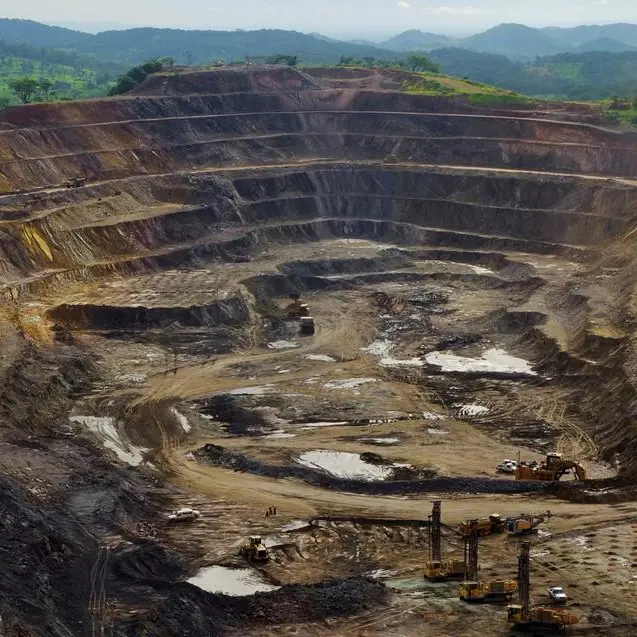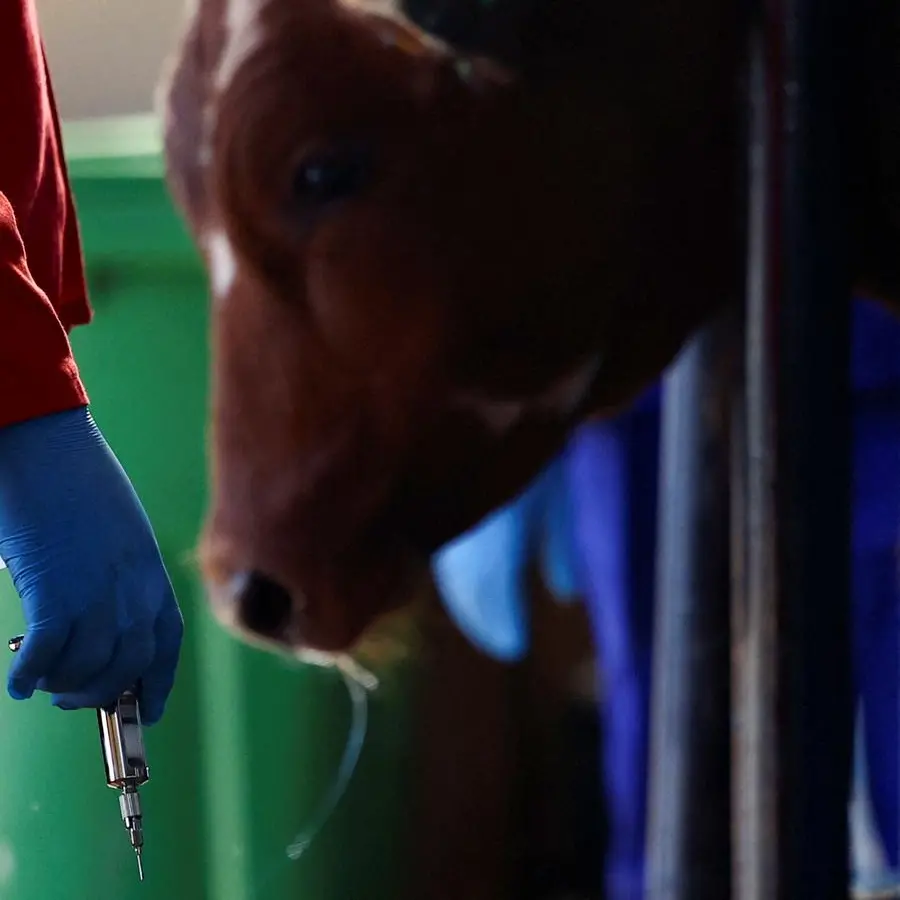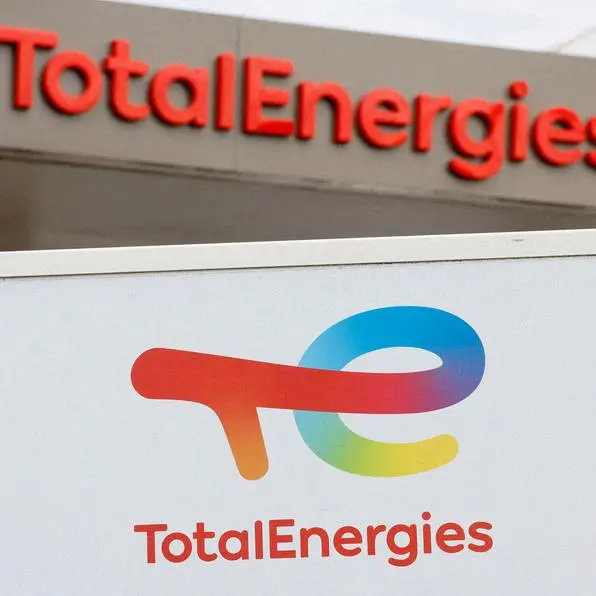PHOTO
The challenge of spiraling inflation and how to stem the tide have been central to stakeholders engagements in recent times.
According to analysts at CardinalStone Finance, an investment house, the rising inflation pressure indicates that Nigeria remains within the top 10 countries with the highest inflation reading in Africa.
According to the News Agency of Nigeria (NAN), the analysts said that a material jump in prices of food stuff like rice, was a consequence of the increasing depletion of food reserves and incessant insecurity issues in food-producing parts of the country.
Related PostsNigeria: A history of scandalsWhen Adeniyi shared Customs’ good news with people of Kano, stakeholdersNigerians should give Tinubu more time to fix Nigeria —Adegbite
This is according to recent data from the National Bureau of Statistics (NBS).
The NBS said that the February headline inflation rate showed an increase of 1.80 percent compared to the January headline inflation rate.
It said that on a year-on-year basis, the headline inflation rate was 9.79 percent points higher than the rate recorded in February 2023, which was 21.91 percent.
“This shows that the headline inflation rate (year-on-year basis) increased in the month of February 2024 when compared to the same month in the preceding year ( February 2023),” the NBS said.
The International Monetary Fund (IMF) also warned that 8.0 percent of Nigerians are at a high risk of food insecurity if the current inflationary trajectory persisted.
The governor of Central Bank of Nigeria (CBN), Mr Yemi Cardoso, said that the leading factors driving inflationary pressure in Nigeria included rising cost of energy.
Cardoso said that high fiscal deficits and lingering security challenges in major food -producing areas were also responsible for the high inflation rate.
He said that the central bank had initiated a raft of inflation-targeting frameworks in its monetary policy measures.
He said that this informed the decision by the CBN to further raise the Monetary Policy Rate (MPR) by 400 basis points to 22.75 percent from 18.75 percent.
According to Cardoso, the move followed the success recorded in slowing down inflation in the past using the same mechanism.
Stakeholders, however, believe that the removal of petrol subsidy, closely followed by the decision to float the naira, was largely responsible for the spiraling inflation.
According to Okechukwu Unegbu, a past president of the Chattered Institute of Bankers of Nigeria (CIBN), President Bola Tinubu already took some sensitive policy decisions even before appointing the CBN governor and the finance minister.
“Floating the Naira was a major error that has exacerbated inflationary trend and caused the people so much pain,” he said.
Unegbu urged the government to fix the economy by looking beyond the Organisation of Petroleum Exporting Countries (OPEC) in selling its crude oil.
He also advised that the government should ignore economic prescriptions by the World Bank and IMF and produce indigenous solutions to the nation’s economic challenges.
“Nigeria should do something about pricing its oil in Naira. We should leave OPEC, price our oil independently.
“If inflation can be addressed; if we produce more food, things will improve. It will also address the issue of “dollarisation of the economy,’’ he said.
A renowned economist, Professor Ken Ife, said that the CBN adopted inflation targeting as a basis for further tightening monetary policy rates, an indication of how serious government took the country’s rising inflation.
Ife, however, said that the support from the fiscal authorities was crucial to achieving monetary policy results.
“The CBN says it is going for inflation targeting, but there should be more support from the fiscal authorities because a lot of the issues with the economy are not really monetary.
“We have N500 billion going for social intervention annually, the money does not go into the productive sector,” Ife said.
He said that the import dependence nature of Nigeria’s economy was a major fuel to the inflation and weak Naira in the foreign exchange market.
According to him, not much has changed in terms of the structure of the economy over the years.
He said that Nigeria was part of an international division of labour, which confines it to the provision of raw materials and consumer of finished products.
“Any attempt to add value to our exports is usually met with stiff resistance.
“When a country is import dependent, it becomes so vulnerable to any external, global headwind, and it affects the economy
“The mortgage crisis in America and the Russian-Ukrainian war affected us because we are import-dependent. What we have is imported inflation,” he said.
Dr Chijioke Ekechukwu, an economist, said that while many countries were having their inflation rate reduced month-on-month, Nigeria’s inflation rate continued to rise because of volatile exchange rate regime.
Ekechukwu said that standard of living had dropped to the lowest ebb while the country’s external reserve was being eroded by inflation.
“Cost of living has become increasingly unbearable, crime has taken over the entire country, and investors are afraid to venture into the country.
“Companies are shutting down and leaving the country and jobs are lost every day.
“The government has to be very decisive as a matter of urgency to remedy the ailing economy by ensuring that the exchange rate improves to less than N800 to the dollar.
“The exchange rate must be stable to enable planning and to restore confidence in the economy,” he said.
Ekechukwu said that every possible avenue should be explored to diversify the country’s export base.
He advised the Federal Government to ensure that the country’s crude oil sales met the OPEC quota of 1.8 million barrels per day.
“The Federal Government should also ensure that revenue from crude oil sales came in on a daily basis through the CBN, ” he said.
He said that such a step would provide the country with enough liquidity to check inflation and other economic challenges.
Copyright © 2022 Nigerian Tribune Provided by SyndiGate Media Inc. (Syndigate.info).
